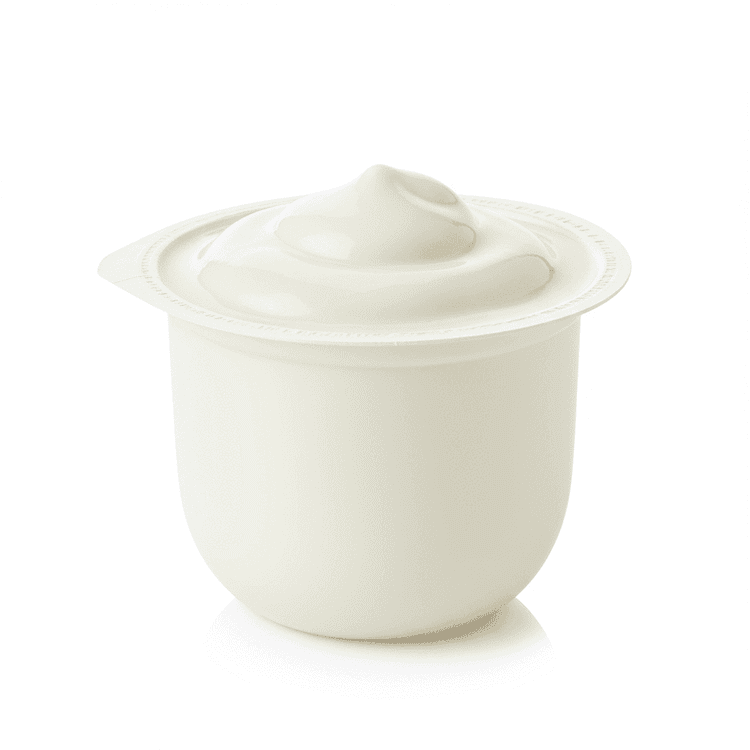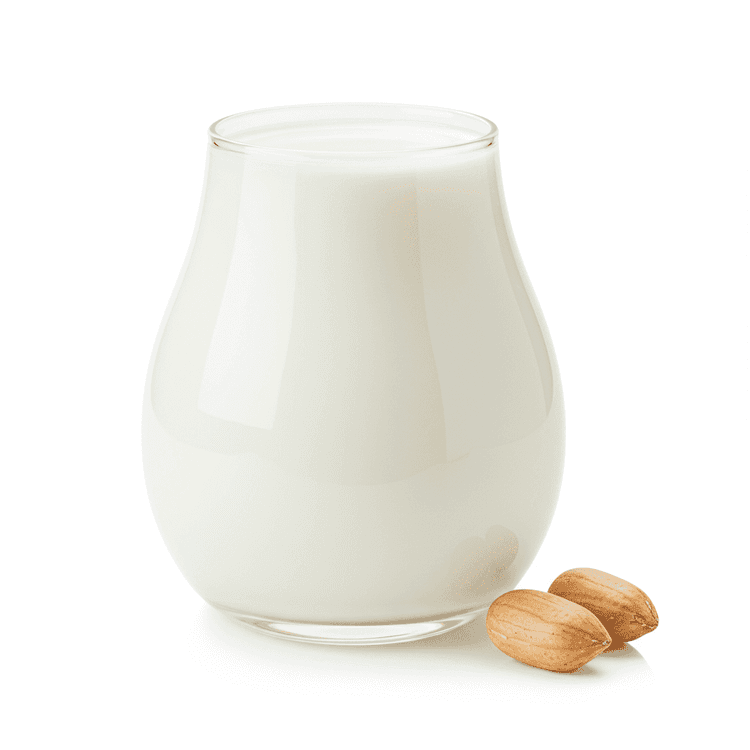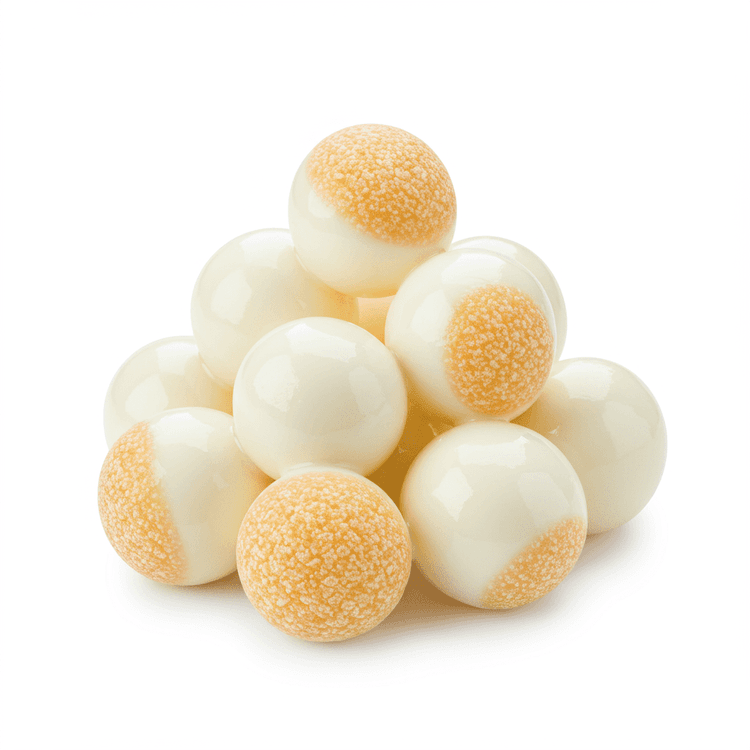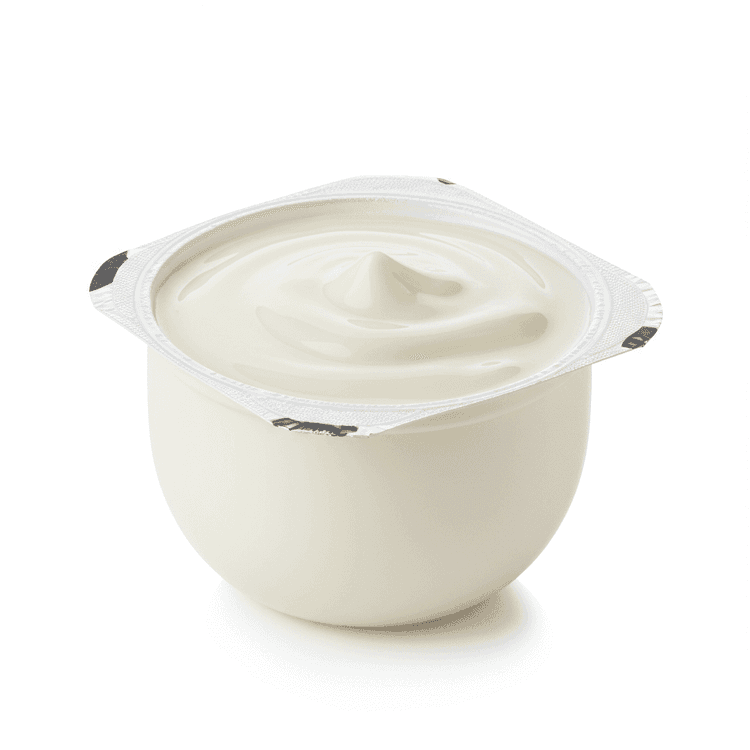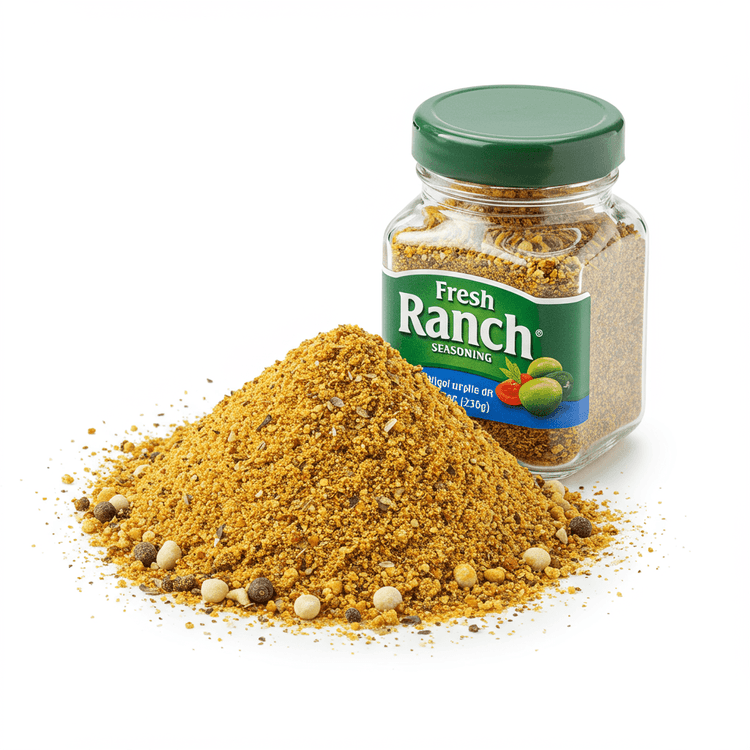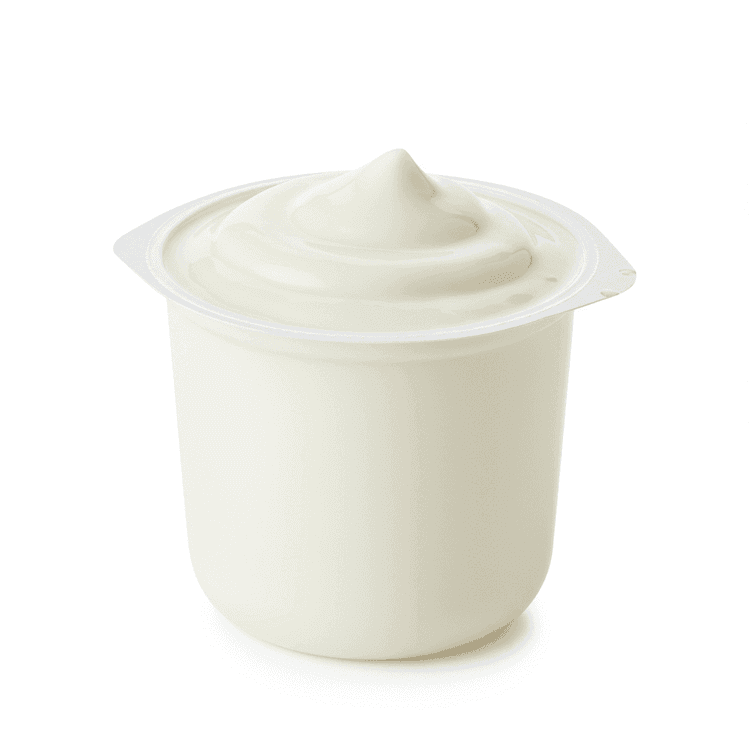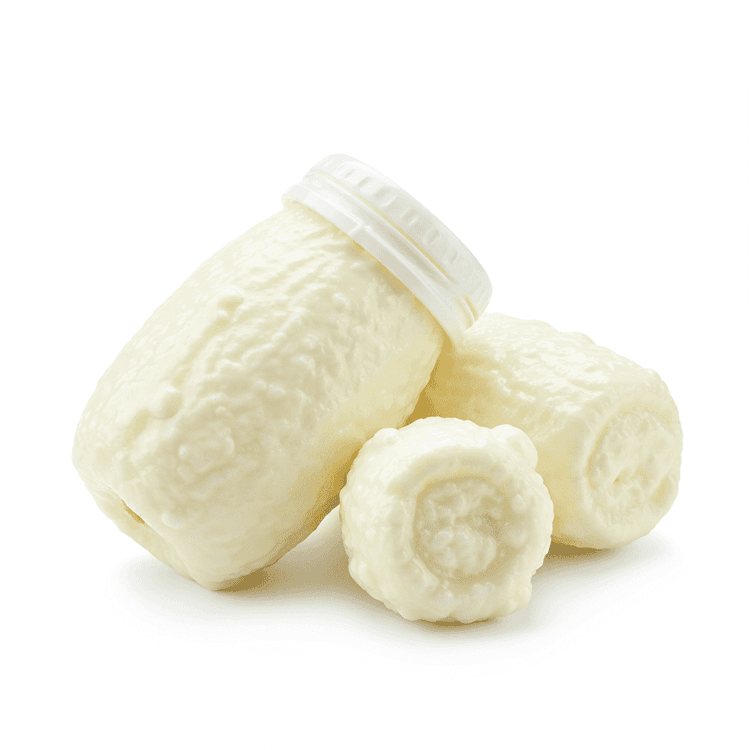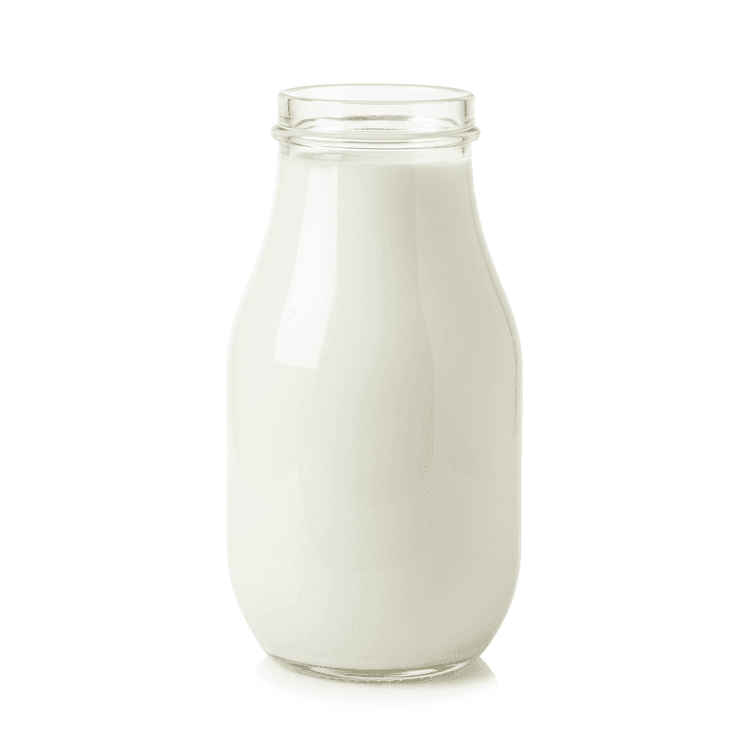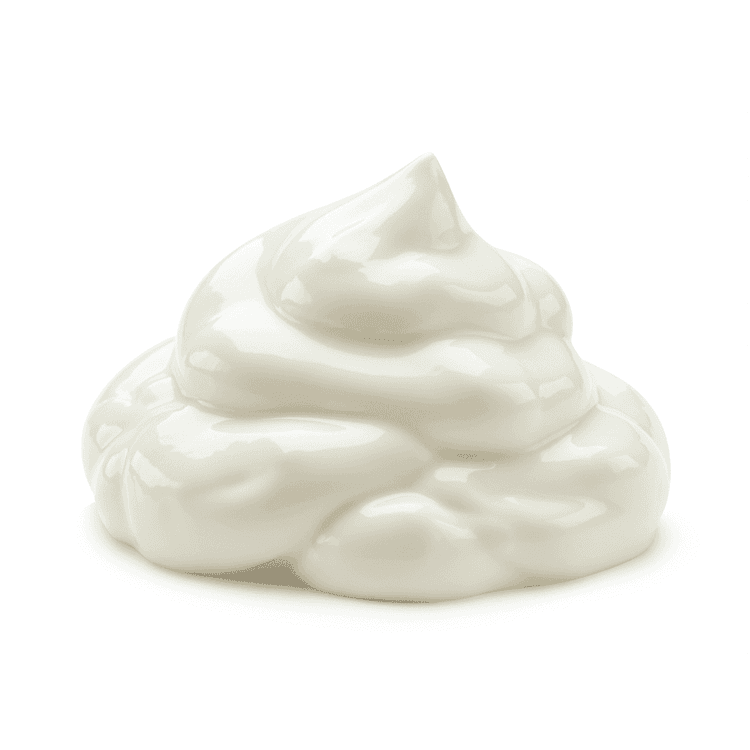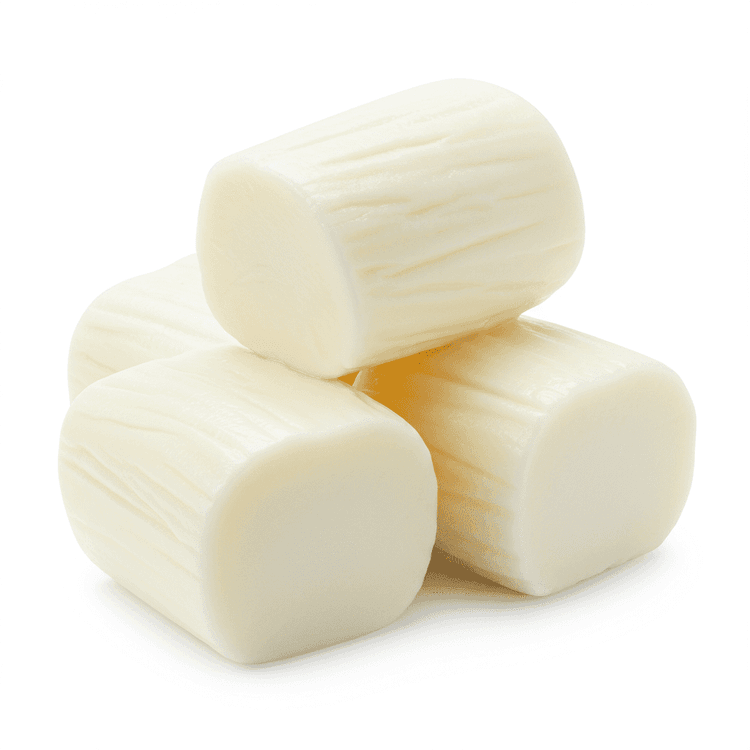
Buttermilk
Buttermilk is a tangy, slightly acidic dairy product that's a byproduct of butter making. It boasts a thin, milky texture and a distinct, cultured flavor that adds a subtle richness to baked goods and savory dishes alike. Often described as having a 'sour cream' taste, buttermilk is a versatile ingredient that's pale white and slightly thicker than regular milk. Authentic buttermilk is the liquid remaining after churning butter, but cultured buttermilk is more commonly found in stores, made by adding bacterial cultures to milk. It's a fantastic substitute for milk in many recipes and adds a unique depth of flavor.
Common Uses
- Tenderizing chicken: Buttermilk's acidity acts as a natural meat tenderizer, making it perfect for marinating chicken before frying or baking. This results in incredibly moist and flavorful chicken. - Baking cakes and pancakes: Using buttermilk in cakes, pancakes, and waffles adds a characteristic tang and lightness. The acid reacts with baking soda to create a fluffy texture and a subtle, delicious flavor. - Creating creamy salad dressings: Buttermilk is an excellent base for homemade salad dressings. It adds a creamy consistency and a tangy flavor that complements herbs, spices, and other ingredients. - Making biscuits extra flaky: Buttermilk is a key ingredient in Southern-style biscuits. Its acidity reacts with baking powder to create light, airy, and flaky biscuits that are perfectly golden brown. - Preparing flavorful dips and sauces: Buttermilk can be used to create creamy dips and sauces for vegetables, chips, or grilled meats. It adds a cooling tang that balances rich or spicy flavors. - Adding richness to mashed potatoes: Stirring buttermilk into mashed potatoes adds a tangy flavor and creamy texture, making them more flavorful and satisfying.
Nutrition (per serving)
Nutrition (per serving)
Calories
52.0kcal (2.6%)
Protein
3.3g (6.6%)
Carbs
5.3g (1.93%)
Sugars
5.3g (10.6%)
Healthy Fat
0.5g
Unhealthy Fat
0.9g
% Daily Value based on a 2000 calorie diet
Nutrition (per serving)
Calories
52.0kcal (2.6%)
Protein
3.3g (6.6%)
Carbs
5.3g (1.93%)
Sugars
5.3g (10.6%)
Healthy Fat
0.5g
Unhealthy Fat
0.9g
% Daily Value based on a 2000 calorie diet
Health Benefits
- Supports gut health with probiotics that aid digestion.
- Provides essential nutrients like calcium for bone health.
- A good source of vitamins, including vitamin B12 and riboflavin, important for energy metabolism.
- Contains protein to help with satiety and muscle support.
- May help lower cholesterol levels due to its effect on lipid metabolism.
- Can contribute to blood sugar control, particularly beneficial for individuals looking to manage glucose levels.
Substitutes
Chefadora AI is here.
Experience smarter, stress-free cooking.
Storage Tips
Buttermilk should always be stored in the refrigerator. Ensure the container is tightly sealed to prevent it from absorbing odors and to maintain its freshness. Generally, buttermilk will last for up to two weeks past the printed 'sell-by' or 'use-by' date if stored properly. If you notice any signs of spoilage, such as a sour odor, lumpy texture, or mold, discard it immediately. Buttermilk can also be frozen for longer storage; however, it may separate upon thawing, but it is still suitable for use in baking or cooking.
Marnirni-apinthi Building, Lot Fourteen,
North Terrace, Adelaide, South Australia, 5000
Australia
